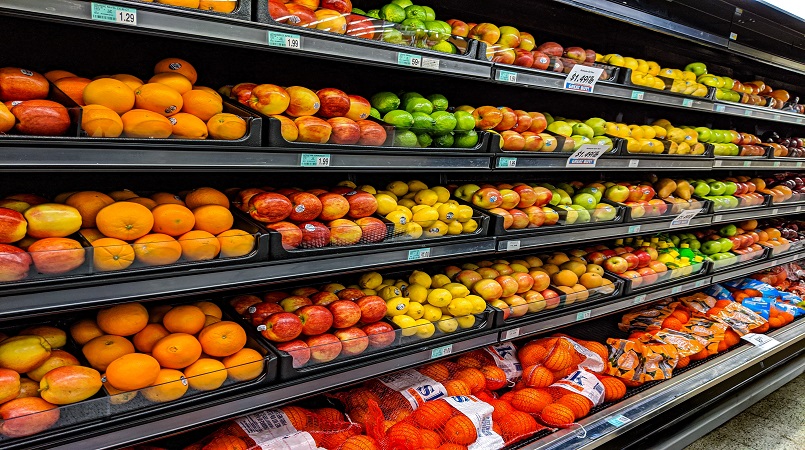
Tongan Eketino Vaiangina says the reality of the rise of inflation means he has no money left over once he's paid his bills to support his family.
Vaiangina is the sole provider for his wife and four children and represents many Pacific families struggling to pay for basic needs.
He works a fulltime job and lives in transitional housing, meaning he pays only $155 per week for rent, but still struggles to make ends meet as he's the only one working.
"Normally I used to have enough but just at the beginning of this year, I can't have any left over," Vaiangina says.
“Even with that $155 going out for my rent, I still can't save anything else after two weeks."
Vaiangina says he's fortunate to be in the situation he's in, as he recognises how others would have it much worse.
"Before we came to this transitional house we used to pay $550 every week for the rental.
“If this inflation caught us while we were in the private house worth $550 it would really affect us."
The rise in food prices in New Zealand is hitting Pacific families hard.
Food prices have risen 6.8 per cent in the past year and the latest figures from Stats NZ show fruit and vegetable prices are up 17 per cent.
The price for meat, chicken and fish are up by 7.1 per cent.
Vaiangina says the rise in prices means less food for his family.
"We went to PAK'nSAVE to do the shopping, it cost us like $200 for the stuff that we bought today but it's just a little bit of stuff.
“If this $200 was spent at the same time last year, I would load up a full trolley from PAK'nSAVE but the $200 I spent today can fill only three bags."
In response to the struggle New Zealanders are facing, the government has cut 25 cents per litre off of petrol prices.
Road user charges has also been reduced by 25 cents per litre.
These changes will last for three months, in an effort to ease the pressure on families around the country.
